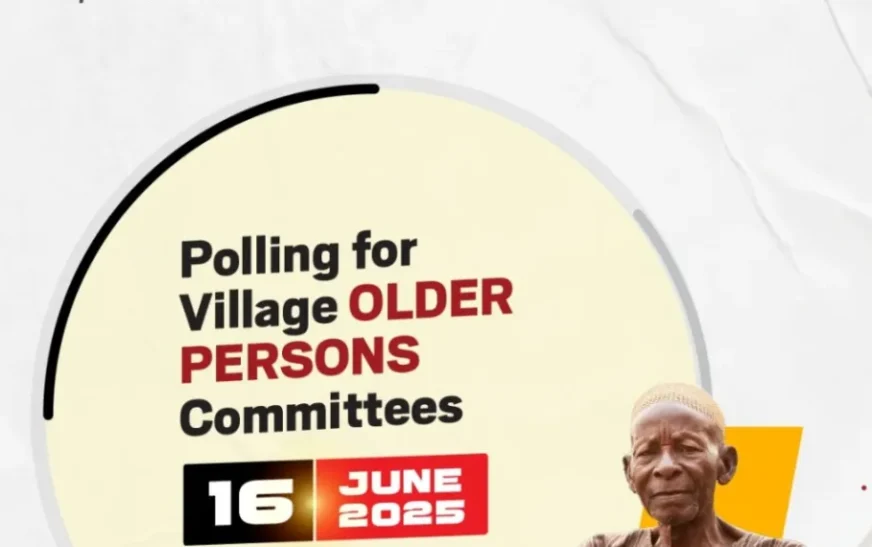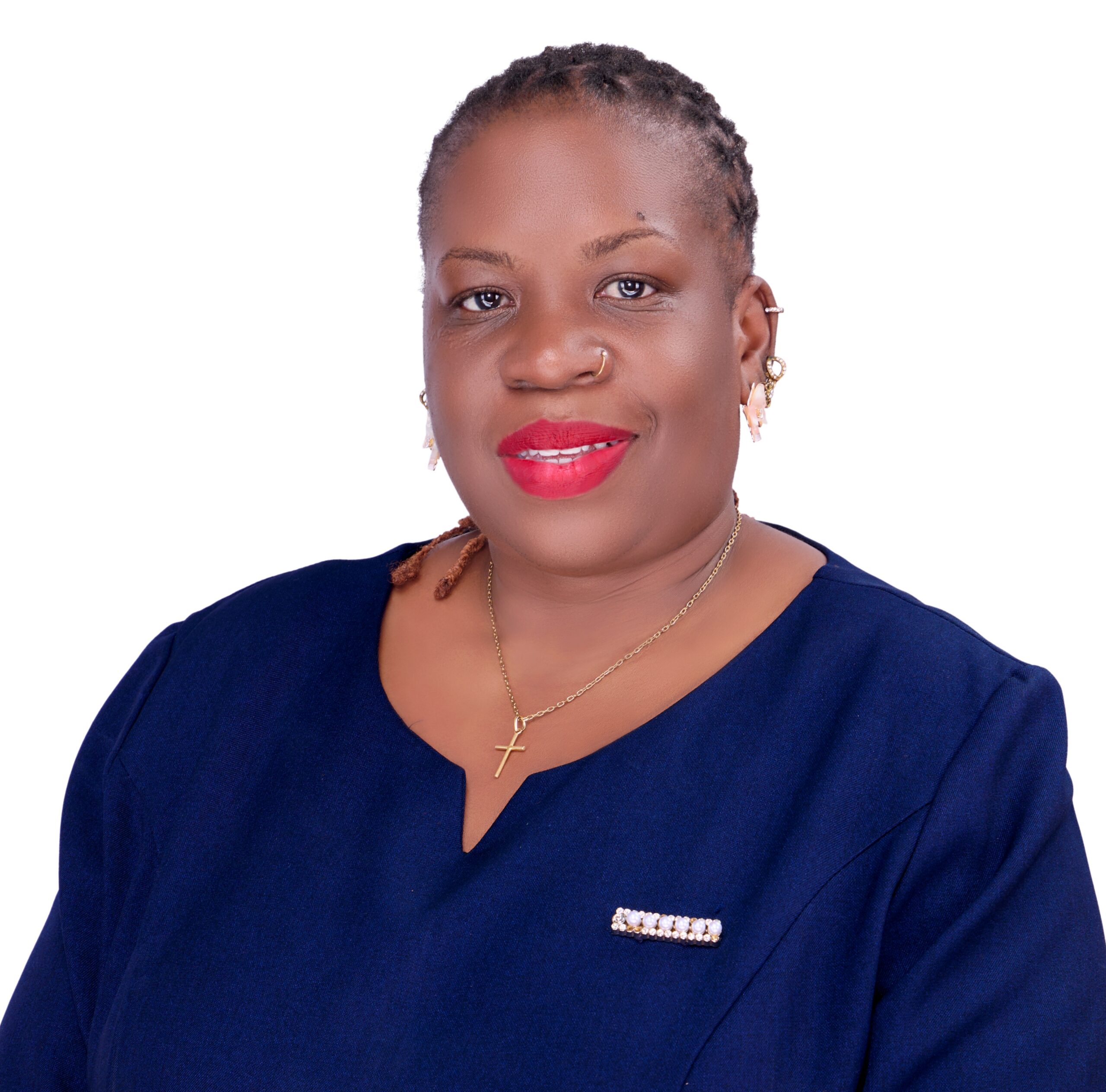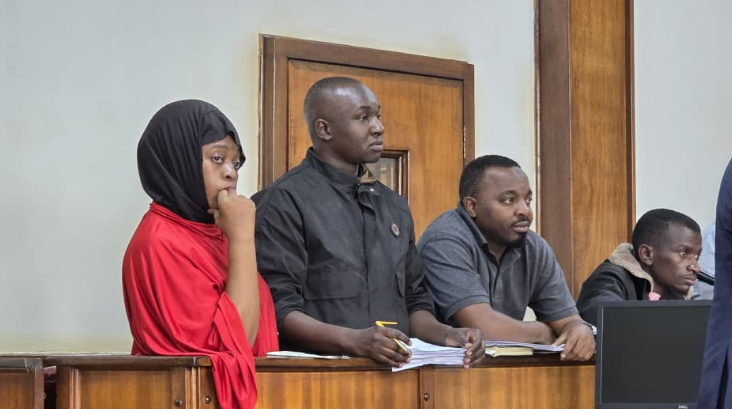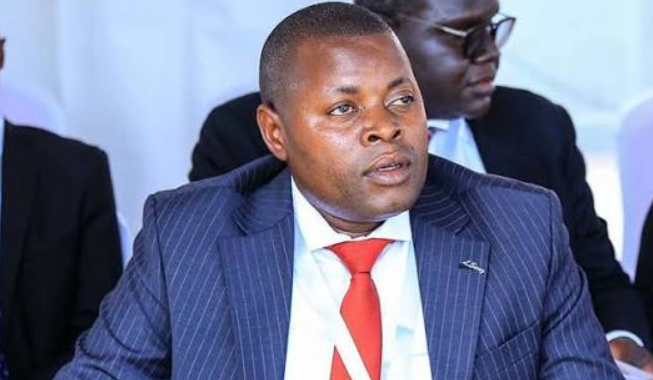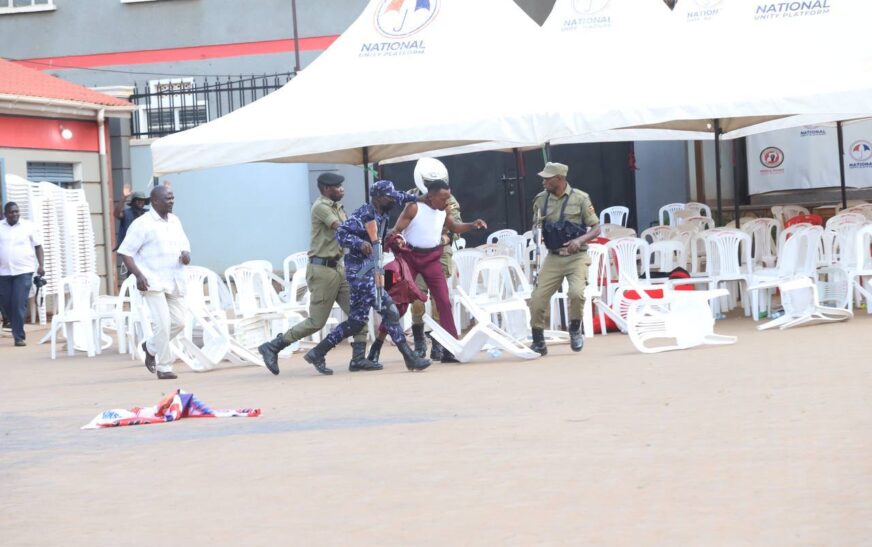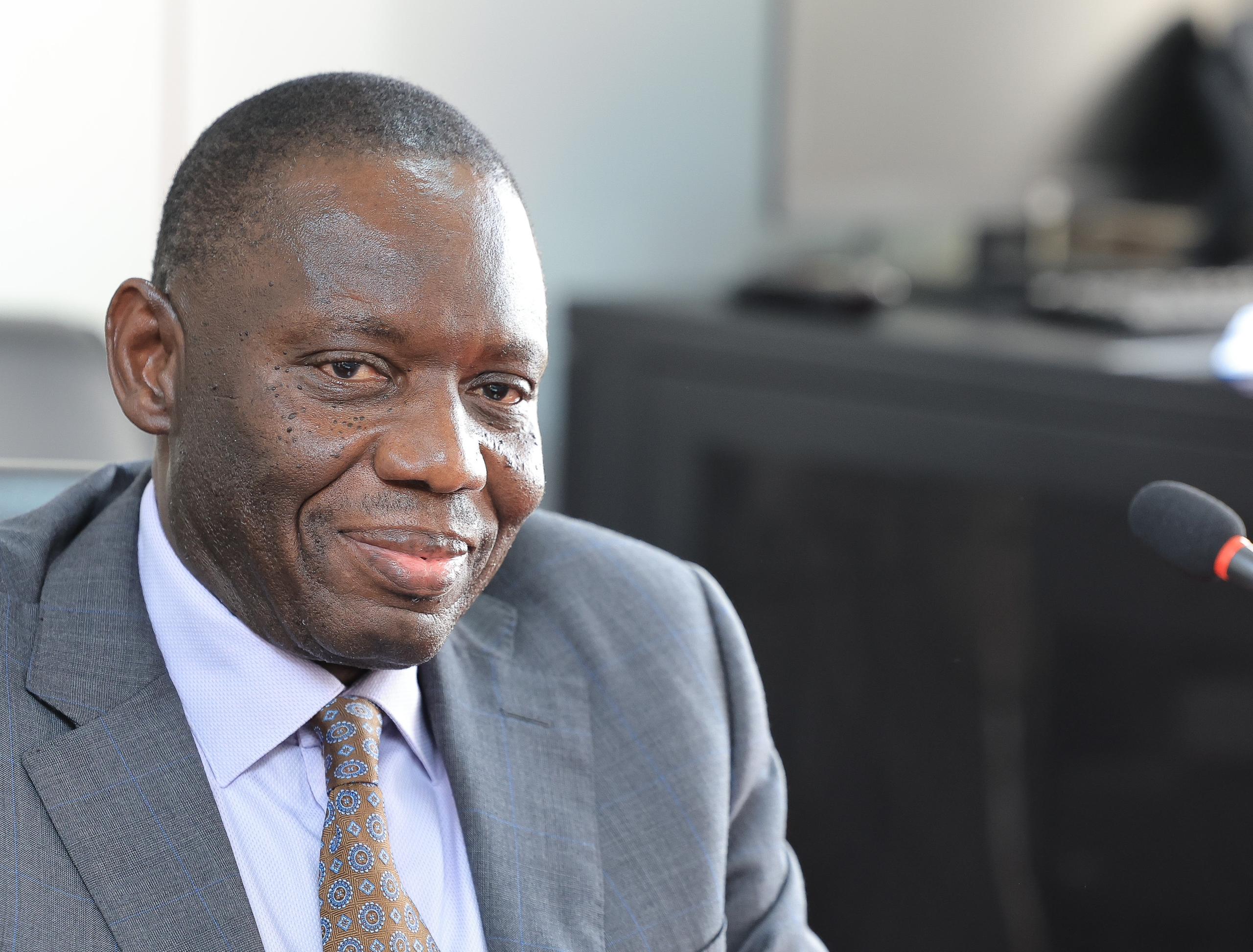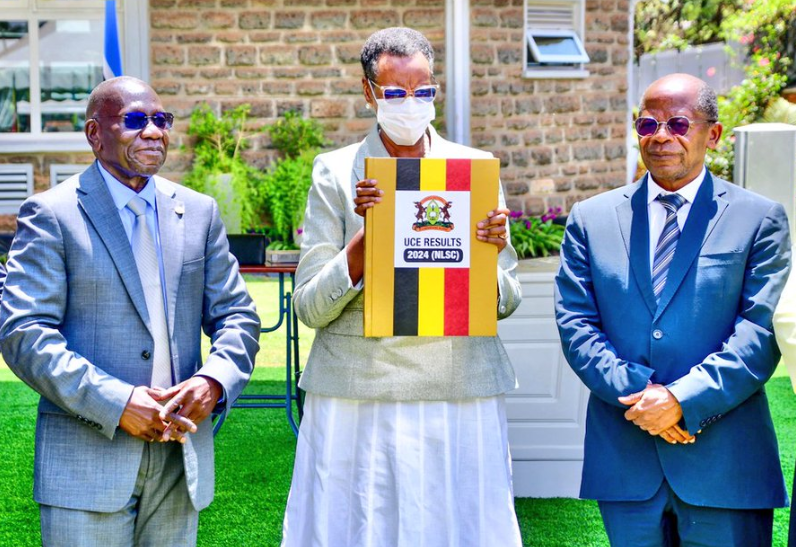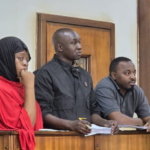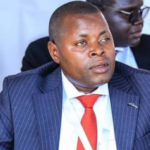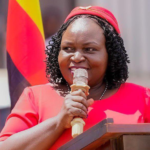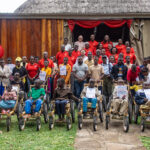In a move hailed as both “historic” and “hilariously overdue,” today marks the final day for nominating candidates in Uganda’s Special Interest Group elections — a democratic exercise designed to give marginalized groups a ceremonial seat at the village decision-making table.
The elections, set aside for youth, older persons, and persons with disabilities, are being managed by the Electoral Commission (EC), which has been accepting nominations since June 2. That window slams shut at 5:00 p.m. today — though for many, hope closed much earlier.
Julius Mucunguzi, EC spokesperson and part-time motivational speaker, reminded eligible citizens of their civic duty. “Today is the last day to nominate yourself to contest, participate, and pretend your voice will echo past the village borehole,” he proclaimed from a podium powered by optimism alone.
Sub-county headquarters, division wards, and town councils were open for nominations from 9:00 a.m., although reports suggest several centers opened closer to lunchtime due to “technical difficulties” (unplugged printers and a missing stapler).
Eligibility remains strictly defined: youth must be between 18 and 30 — unless they’re related to a party official, in which case age is just a number. Older persons must be 60+, with a government-issued ID dated before color photos. Persons with disabilities need to meet “legally defined conditions,” though no one has seen the actual document since it was last used to prop up a wobbly desk at EC headquarters.
The EC insists that participation matters. “Your vote is your voice,” said Mucunguzi, without irony, in a country where voter turnout often ends at the ballot box and doesn’t always make it to the tallying center.
These elections mark the ceremonial opening of Uganda’s 2025-2026 general election parade. Campaigning for special interest groups begins June 12, giving candidates a whole two days to change minds in communities that still argue over which decade the last promised road will be paved.
The staged voting will follow this choreographed order: older persons on June 16 (before their 6:00 p.m. bedtime), persons with disabilities on June 17 (with accessible polling stations still “under review”), and youth on June 19 (unless they’ve already emigrated).

